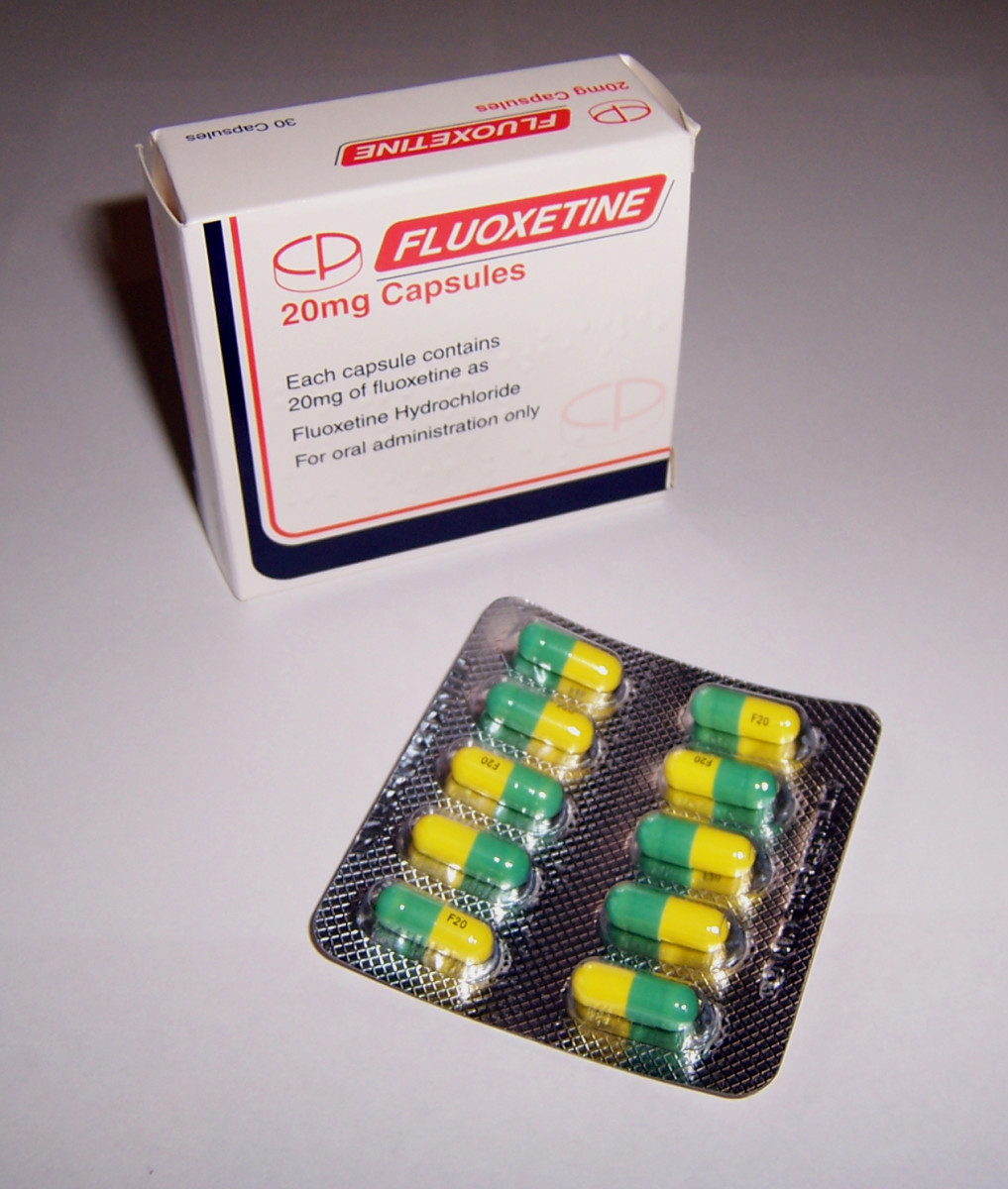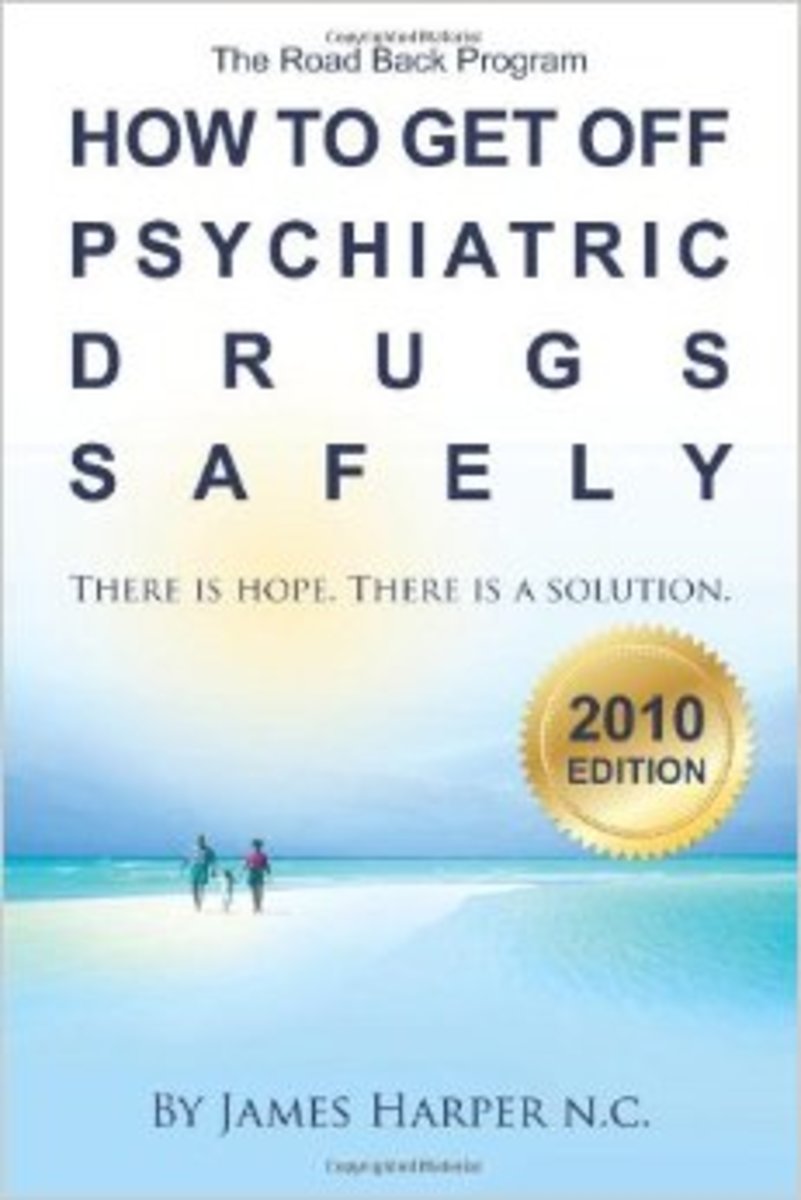Anxiety and Panic: What Medications are Best?
Some individuals with anxiety and panic issues can successfully manage their worry and distress through exercise, dietary changes, relaxation, or professional counseling. That said, many anxiety and panic disorders sufferers can benefit from an anxiety medication. Although only your psychiatrist or physician can help you determine what anxiety medication is right for you, doing your homework can help you arrive at your appointment prepared to make an informed choice.


Classes of Anxiety Medications
Benzodiazepines
Benzodiazepines are a commonly prescribed class of medications for generalized anxiety, panic disorders, and social anxiety. Common benzodiazepines include Ativan (lorazepam), Klonopin (clonazepam), Valium (diazepam), and Xanax (alprazolam). Benzodiazepines generally work quickly, so they can be an effective at treating panic attacks or suddenly-occurring anxiety. Although this class of drugs can be highly effective, they also can be addictive and have a high potential for abuse. Thus, most doctors regard benzodiazepines as only a short-term treatment for anxiety and panic, although some persons may take them for several months, particularly when dealing with chronically stressful situations, such as divorce or a family death. Further, for some patients, benzodiazepines have a paradoxical effect, which means that they actually create more anxiety. This class of drug also produces a marked sedating effect. Some individuals may find this sedation too debilitating. Despite the risks posed by benzodiazepines, they may be a good solution for persons with occasional anxiety and panic.
Anti-Depressants
For the long-term treatment of anxiety and panic disorders, anti-depressants can be an effective choice. Selective serotonin reuptake inhibitors (SSRIs) and tricyclic antidepressants (TCAs) are two of the most common classes of anti-depressants used in the treatment of anxiety-related conditions.
The following anti-depressants have been found to treat anxiety and panic disorders and their related symptoms:
- Bupropion (Wellbutrin)
- Citalopram (Celexa)
- Escitalopram (Lexapro)
- Fluoxetine (Prozac)
- Imipramine (Tofranil)
- Paroxetine (Paxil)
- Sertraline (Zoloft)
- Venlafaxine (Effexor)
Unlike benzodiazepines, anti-depressants pose relatively little risk for abuse and addiction. That said, anti-depressants often take weeks or months to take effect, so they provide little immediate symptom relief. Additionally, many individuals experience negative side effects from anti-depressants, including weight gain, drowsiness, and sexual dysfunction. Anti-depressants are nonetheless still a good choice for chronic and debilitating anxiety. Anti-depressants are also a good choice for persons who experience depression symptoms that may be difficult to distinguish from anxiety symptoms.
BusPar
BusPar, otherwise known as buspirone, is a unique drug used in the treatment of generalized anxiety disorder. It is different than either anti-depressants or benzodiazepines. Like anti-depressants, BusPar can take a few weeks before it starts to work. Additionally, it is considered non-addictive and has little potential for abuse. Although BusPar is sedating, it does not cause extreme drowsiness like benzodiazepines. Despite the strengths of BusPar, it is only effective at treating generalized anxiety disorder, so it is typically not a good choice for persons who are living with panic attacks or other forms of anxiety. It can also be ineffective in persons who have taken faster-acting drugs such as benzodiazepines previously.
Over-the-Counter Anxiety Medications
Currently, there are no over-the-counter medications approved to treat anxiety or panic. Nonetheless, some herbal supplements such as St. John’s wort, passionflower, kava kava, and valerian are marketed as treatments for anxiety. Although anxiety sufferers might feel tempted to try these natural remedies, it is important to remember that the supplement industry is not well-regulated. Because of the lack of regulations on these drugs, it is impossible to know what dose of herb you are receiving and where these herbs originated. Further, over-the-counter anxiety remedies can interact adversely with other drugs. If you are interested in trying one of these drugs, be sure to talk to your doctor first. Just because a medication is available without a prescription does not mean that it is safe.
Anxiety Medications
Do you take medication for your anxiety?
More Information on Drugs to Treat Anxiety
Alternatives to Medications for Anxiety
Although the various classes of anxiety drugs are generally effective in treating both short and long-term anxiety, many individuals are apprehensive to try medications. Not only are some of the medications addictive, but many have marked sedative effects. Additionally, SSRIs are not a viable option for some persons with co-occurring bipolar mood disorders. Likewise, SSRIs may cause a range of undesirable side effects, including weight gain, gastrointestinal problems, and sexual side effects.
Many studies have shown that non-medication based therapies can be just as effective as drugs when treating certain anxiety disorders, such as panic disorder and phobias. In particular, cognitive behavior therapy (CBT) can help persons with anxiety notice marked improvements in as little as 12 weeks of counseling. This approach to therapy challenges anxiety sufferers to look at their worries and change their perceptions of the subject of concern. Likewise, CBT often involves learning relaxation strategies, such as deep breathing exercises and meditation or prayer. CBT will ultimately look different for each individual and will draw on your specific symptoms, preferences, beliefs, and coping mechanisms. Because CBT requires work and practice to help you overcome your anxiety, some counselors may refer you for short-term medication management until you master some of the relaxation and self-soothing strategies you will learn in therapy. In many cases, the combination of short-term medication and counseling can help persons overcome their anxiety permanently, or reduce the level of distress so significantly that they no longer need professional treatment after 4-6 months.
Anxiety disorders can be debilitating and have complex causes, however, so do not feel discouraged if CBT or other types of talk therapy do not work for you right away. If you find that you anxiety medication is not working after six weeks, talk to you doctor about alternative treatments. Many anxiety sufferers try out several medications before they find the right treatment.
Learn More About Anxiety Medications
- Anxiety Medication: What You Need to Know About Drugs for Anxiety
Are anti-anxiety medications right for you? Learn about common side effects, risks, and how to take them responsibly. - Medication | Anxiety and Depression Association of America, ADAA
Learn about anxiety medications from the Anxiety and Depression Association of America, plus find links to resources on financial assistance programs for prescription drugs. - Anxiety Medication | Drugs.com
Compare Anxiety medications. Comprehensive Anxiety drug options for consumers and professionals including user ratings, reviews and drug dosage information.
Learn More About Anxiety Disorders and Find Help
- Find a Therapist, Psychologist, Counselor - Psychology Today
Psychology Today: Browse our extensive directory of the best therapists, psychologists and counselors near you. - Anxiety Disorders: A Fact Sheet
The National Alliance on Mental Illness's quick guide to anxiety disorders, including their symptoms and treatment. - NAMI | What is PTSD?
An introduction and overview of Post-Traumatic Stress Disorder (PTSD), including links to resources for veterans. - Panic Disorder Fact Sheet
Learn about the causes, symptoms, and treatment of panic disorder from the National Alliance on Mental Illness. - Anxiety Attacks & Anxiety Disorders: Signs, Symptoms, and Treatment
Do you struggle with anxiety? What are the signs, symptoms, and types of anxiety attacks and disorders? Find relief that works for you.
Note: This information is for informational purposes only and is not intended to be a substitute for medical advice. Always talk to your doctor before beginning or stopping any prescription or over-the-counter medication. If your anxiety is causing you to experience suicidal thoughts, call 911 or go to your local emergency room.








